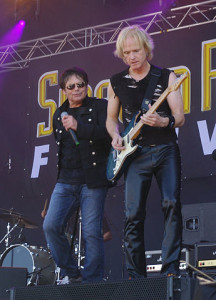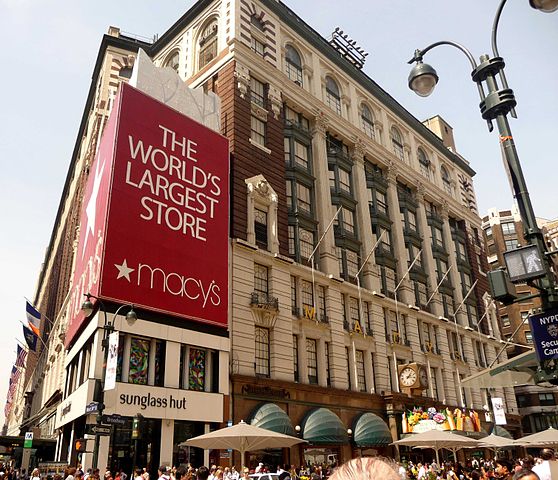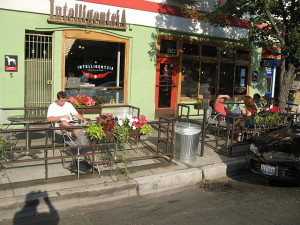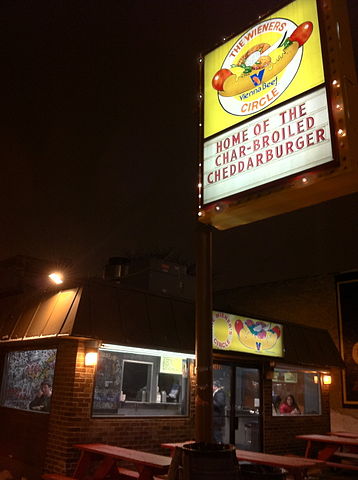After 40 years of serving the Chicago counter culture, Alley Chicago will be closing its Lakeview shop as the New Year enters.
First opened in 1974, Alley was originally a “head” shop, selling paraphernalia to enhance the enjoyment of rock and roll music, getting high, and other such popular recreational activities high school and college kids were involved in. Owner Mark Thomas, who got involved in the business at the age of 19, introduced punk rock clothing to the store, in a combination which transformed the store into a “one-stop-shop” for all alternative lifestyles.
“Whether it was punk or motorcycles, rock ‘n’ roll or goth … that was the metamorphosis of The Alley into a lifestyle store,” Thomas said. “People who come in come 30 or 20 years later, bringing their child, and they say, ‘One thing about The Alley is it was always a good time.'”
The store is filled with a huge variety of goods, including leather jackets, spiked belt buckles, and rock ‘n’ roll memorabilia. Sales were adversely affected by several long construction projects nearby and the debilitating rise in real estate taxes.
“We said, ‘We can’t sustain these losses,'” Thomas said. “So we decided it was time to go out and reinvent ourselves.”
What Thomas has in mind is a new store on Chicago’s Northwest Side. “The Alley 1776” will put together a few different business concepts all housed in one location. He is hoping the space will include a coffeehouse, bar, performance stage, body piercing studio, and of course a store with classic Alley products.








